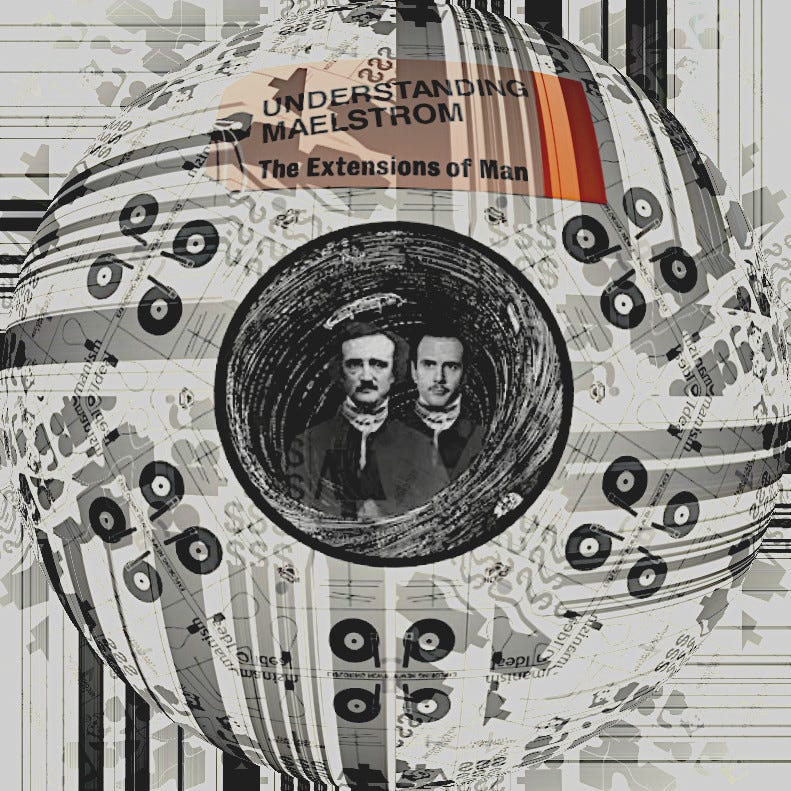Rhetorical war for “cognitive battle-space”
“the field of battle has shifted to mental image-making and breaking"
“Info War, McLuhan recognized, relies above all on tactics and technologies of persuasion. According to McLuhan, the advent of the atomic bomb, that “historical exclamation mark,” not only inaugurates a new era of irregular, intrastate warfare that gives war back to the people (civil wars, revolutions, wars of independence) but also propels military conflict toward an “electric battle of information and images that goes far deeper and is more obsessional than the old hot wars of industrial hardware” (Understanding Media 295). As he notes in Understanding Media, since 1945 material war waged by men and machines has become ever more closely integrated with immaterial war waged by media technologies against the brain and nervous system. “Now that man has extended his central nervous system by electric technology,” he writes of this new war of nerves, “the field of battle has shifted to mental image-making and breaking, both in war and in business” (102). The Cold War transfers aggression to the plane of the image: the aim of Info War is to “alter the image of the enemy by global information flow” (Counterblast 36). And as information becomes the key to politico-military power, McLuhan argues, war becomes less about capturing geographical terrain (the “outer conquest of space”) than about colonizing psychological terrain (the “inner conquest of spirit”). As he puts it in War and Peace in the Global Village, Info War is “information technology being used by one community to reshape another one” (149, emphasis added). In short, while war is still about physical destruction, it is increasingly about exerting metaphysical control over civil society. Victory in this rhetorical war means capturing the perceptual fields of soldiers and civilians alike: to capture the enemy one must first captivate their “hearts” and “minds (the old pathos and logos of Aristotelian persuasion), not to mention their nervous systems.”
Read full essay here : Martial McLuhan I: Framing Information Warfare Michael MacDonald, University of Waterloo
“For McLuhan, as for Heraclitus, war is the basis of reality: the dialectical discord of opposing forces and their temporal “turnings of fire” (pyros tropai) make war the ground of Being and the “hidden ground” of the media environment.”







